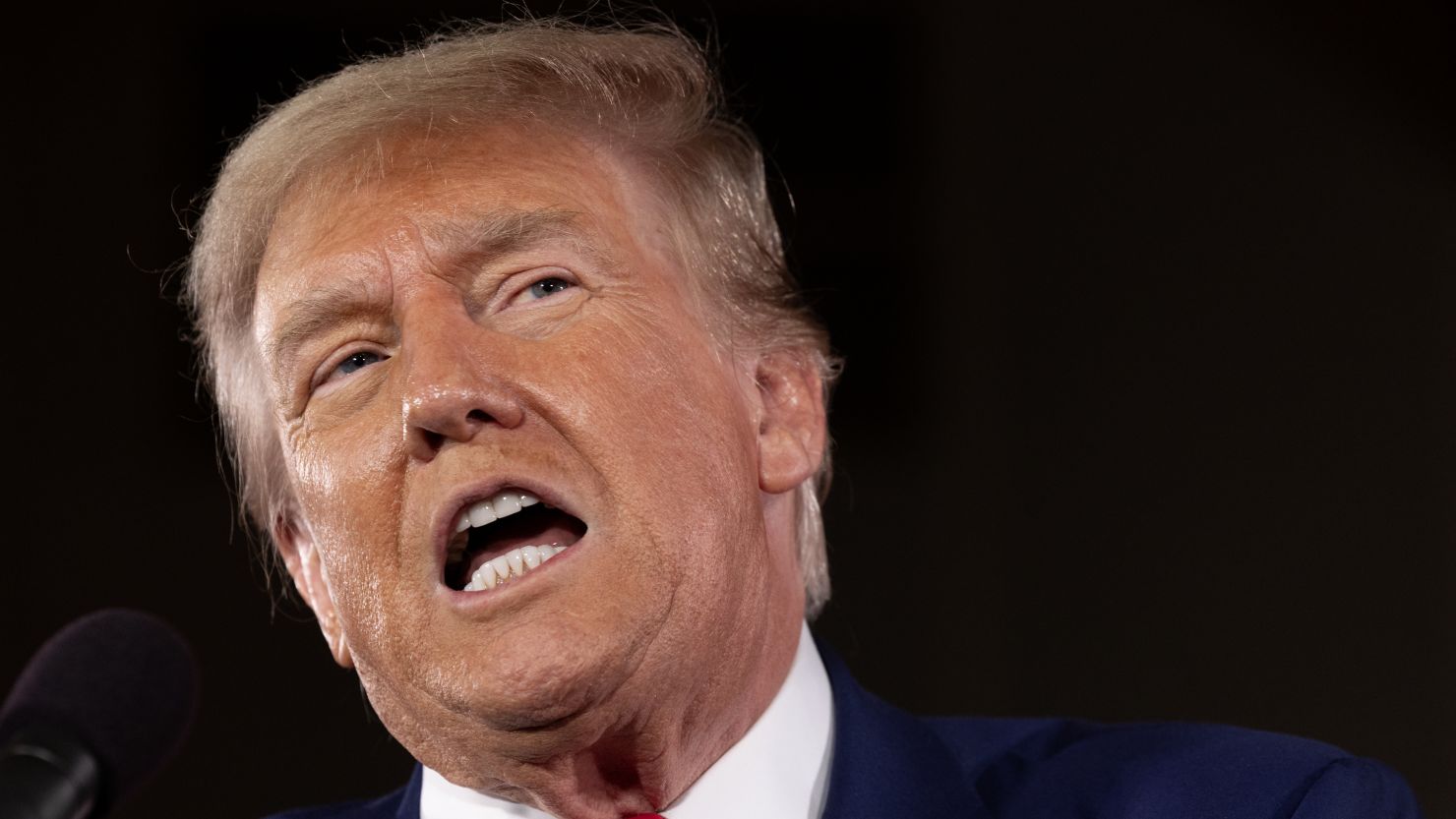
In Short
- Trump falsely claimed he’s not allowed to testify in the manhattan trial due to a gag order.
- The gag order does not prevent him from testifying.
- It restricts specific speech categories, not testimony.
TFD – Dive into the controversy surrounding Trump’s testimony claims in the Manhattan trial. Understand the implications of the gag order and its impact on the case.
On Thursday afternoon, the ex-president made a bogus assertion claiming that he was not permitted to testify in his own defense during a criminal trial in Manhattan about his purportedly fraudulent business records. He acknowledged that he is in fact permitted to testify on Friday morning.
“I’m not allowed to testify,” Trump said reporters on Thursday after adjourning the courtroom for the day. There is a gag order on me. I assume, correct? “I am not permitted to testify because I am subject to an unconstitutional gag order by this judge, who is completely conflicted,” he continued. “I’m not allowed to testify because of an unconstitutional gag order,” he said, lamenting that he’s “not allowed to talk” even when others assault him.
First of all, Trump’s assertion is untrue. It is totally up to him whether or not he testifies during the trial. The gag order imposed by Judge Juan Merchan, limiting his speech outside of court, does not prevent him from testifying. Additionally, Trump is still able to address the media, campaign at rallies, criticize President Joe Biden and other political rivals, as well as Merchan and the Manhattan district attorney who is leading the case, despite the gag order.
Instead, the gag order prevents Trump from speaking in any of the following three categories:
1) Making public statements concerning known or anticipated witnesses, particularly regarding their involvement in the case, or encouraging others to make such statements;
2) Making statements in public or encouraging others to make statements in public regarding prosecutors—aside from Manhattan District Attorney Alvin Bragg—court employees, district attorney staff members, or Bragg’s family members, if the statements are made with the intention of tampering with the case;
3) Making public remarks about jurors or potential jurors, or encouraging others to do so.
On Friday morning, Trump told reporters as he entered the courtroom: “No, it won’t stop me from testifying. The gag order’s not for testify[ing]. The gag order stops me from talking about people, and responding, when they say things about me.” When court proceedings began shortly after, Merchan told Trump that he has the “absolute” right to testify and that the gag order “does not prohibit you from taking the stand and it does not limit or minimize what you can say.”
Trump has frequently exaggerated the scope of the gag order. At a Michigan campaign rally on Wednesday, he asserted that “I’m not even supposed to be, I would say, talking to you, because he gagged me” despite the fact that the gag order does not actually prohibit him from speaking on behalf of the party.
Defendant has a constitutional right to speak to the American voters freely, and to defend himself publicly,” Merchan wrote in the gag order.
Trump has taken varying positions in public when it comes to testifying. He claimed in a television appearance last week that he would testify “if it’s necessary,” after announcing prior to the trial that “I’m testifying.” Thursday was the first time he has publicly claimed he is not permitted to testify.
This story has been updated with additional comment by Trump.
Conclusion
Trump’s claims about the gag order preventing his testimony are unfounded. The gag order’s scope is limited, and it does not impede his right to testify.
Connect with us for the Latest, Current, and Breaking News news updates and videos from thefoxdaily.com. The most recent news in the United States, around the world , in business, opinion, technology, politics, and sports, follow Thefoxdaily on X, Facebook, and Instagram .
